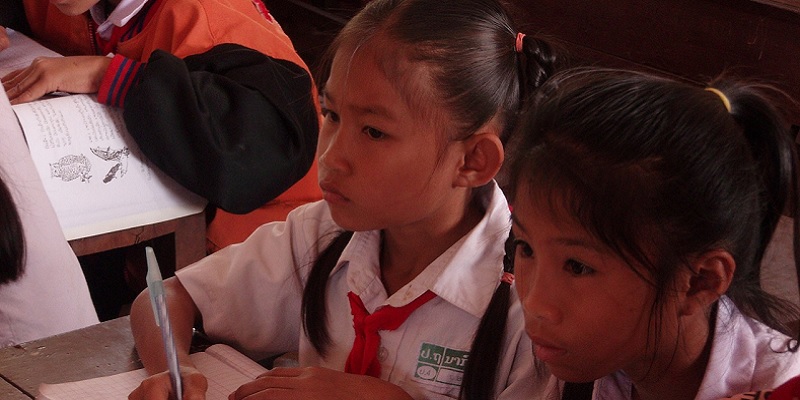
A researcher conducted a study on the practice of evaluation in primary school teachers of social sciences in Slovenia. They discovered that teachers very commonly use summative knowledge of evaluation and assessment form. In evaluation teachers among authentic forms most commonly choose research, which is followed by evaluation by means of experiment, interview, portfolio and video. The researcher has elucidated about evaluation, assessment and authentic evaluation and assess...
SUBMIT REVIEW
Please email us: editor.rajagirimedia@gmail.com